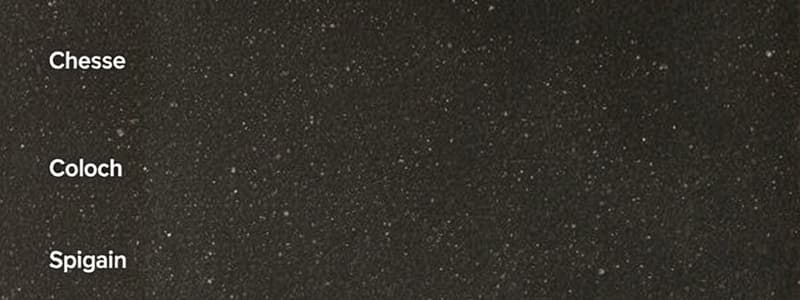Podcast
Questions and Answers
What is a mixture?
What is a mixture?
- A combination of molecules
- A substance with varying compositions (correct)
- A substance with uniform composition
- A substance only made of one kind of atom
What is an example of a heterogeneous mixture?
What is an example of a heterogeneous mixture?
Garden Salad
What is an element?
What is an element?
A substance composed of only one kind of atom
What is a colloid?
What is a colloid?
What is an example of a homogeneous mixture?
What is an example of a homogeneous mixture?
Which state of matter has a very rigid molecular structure?
Which state of matter has a very rigid molecular structure?
What process turns a solid into a liquid?
What process turns a solid into a liquid?
What is the process by which a liquid turns into gas?
What is the process by which a liquid turns into gas?
What happens during ionization?
What happens during ionization?
What is condensation?
What is condensation?
What is sublimation?
What is sublimation?
Flashcards are hidden until you start studying
Study Notes
Classifications of Matter
-
Mixture: Substance with varying compositions
- Heterogeneous mixture: Components are identifiable; examples include garden salad and trail mix.
- Colloid: Observed as homogeneous but behaves as heterogeneous; examples include milk and styling gel.
- Homogeneous mixture (Solution): Very uniform composition; examples include brine (saltwater) and orange juice drink.
-
Pure Substance: Uniform composition
- Element: Composed of only one kind of atom; examples include Darmstadtium (Ds) and Hydrogen (H).
- Compound: Composed of molecules made of two or more elements; examples include Aqua Fortis (HNCO3) and Water (H2O).
Phases of Matter
- Solid: Defined appearance and shape with little to no molecular movement; exhibits a rigid structure. Example: diamond.
- Liquid: Has molecular movement determined by flow rate; takes the shape of its container. Example: glass of lemon juice.
- Gas: High molecular movement; looser structure than liquid and behaves similarly. Example: air.
- Plasma: High molecular movement created from heated gas; gives off colored glow when energizing molecules. Example: neon lights.
Phase Transitions
- Melting: Adding heat to a solid converts it to a liquid (e.g., melting iron).
- Evaporation: Adding heat to a liquid breaks its molecular bonds, converting it to gas (e.g., evaporating saltwater).
- Ionization: Adding heat to a gas charges molecules into ions, forming plasma (e.g., glowing neon gas).
- Recombination (Deionization): Removing heat converts plasma back to gas; example includes neon returning to gaseous state upon cooling.
- Condensation: Transferring energy from gas to surroundings allows gas molecules to bond into a liquid (e.g., water vapor condensing to form clouds).
- Freezing: Transferring heat from liquid to surroundings causes molecules to bond and form a solid (e.g., liquid mercury solidified with liquid nitrogen).
- Sublimation: Adding energy causes a solid to transition directly to gas without becoming liquid.
Studying That Suits You
Use AI to generate personalized quizzes and flashcards to suit your learning preferences.




